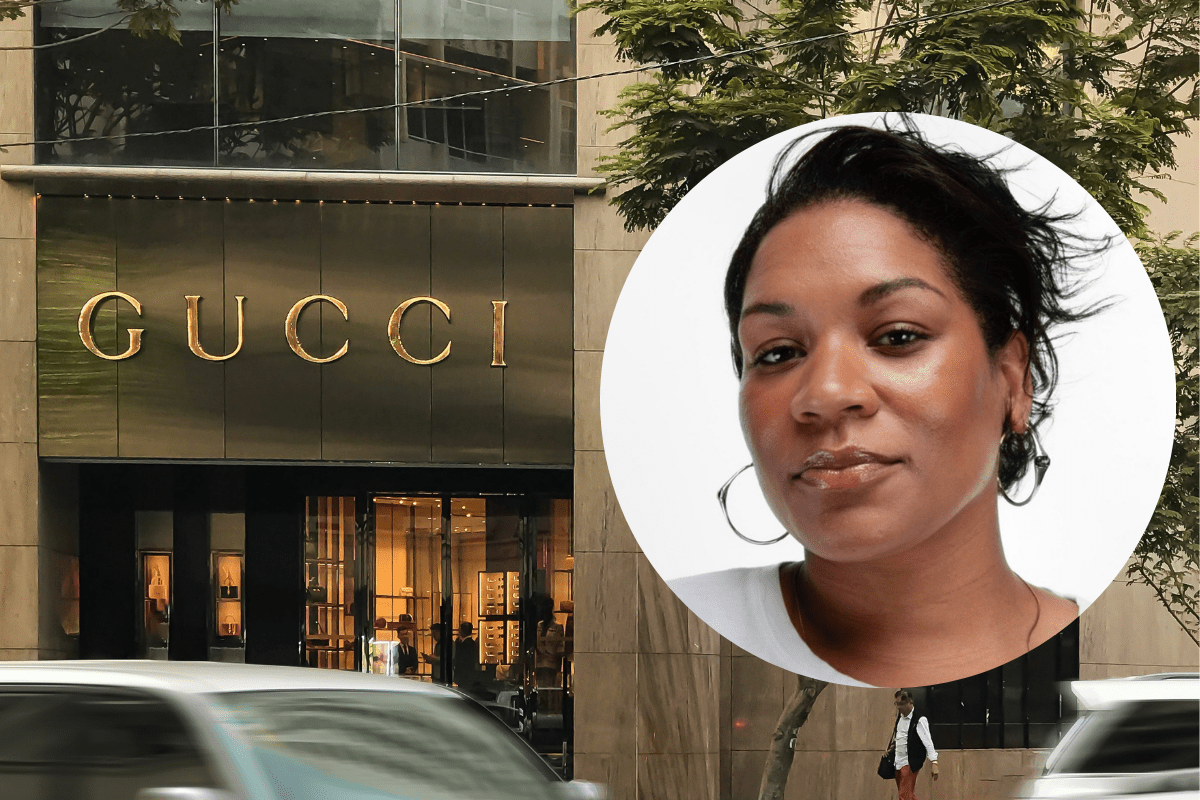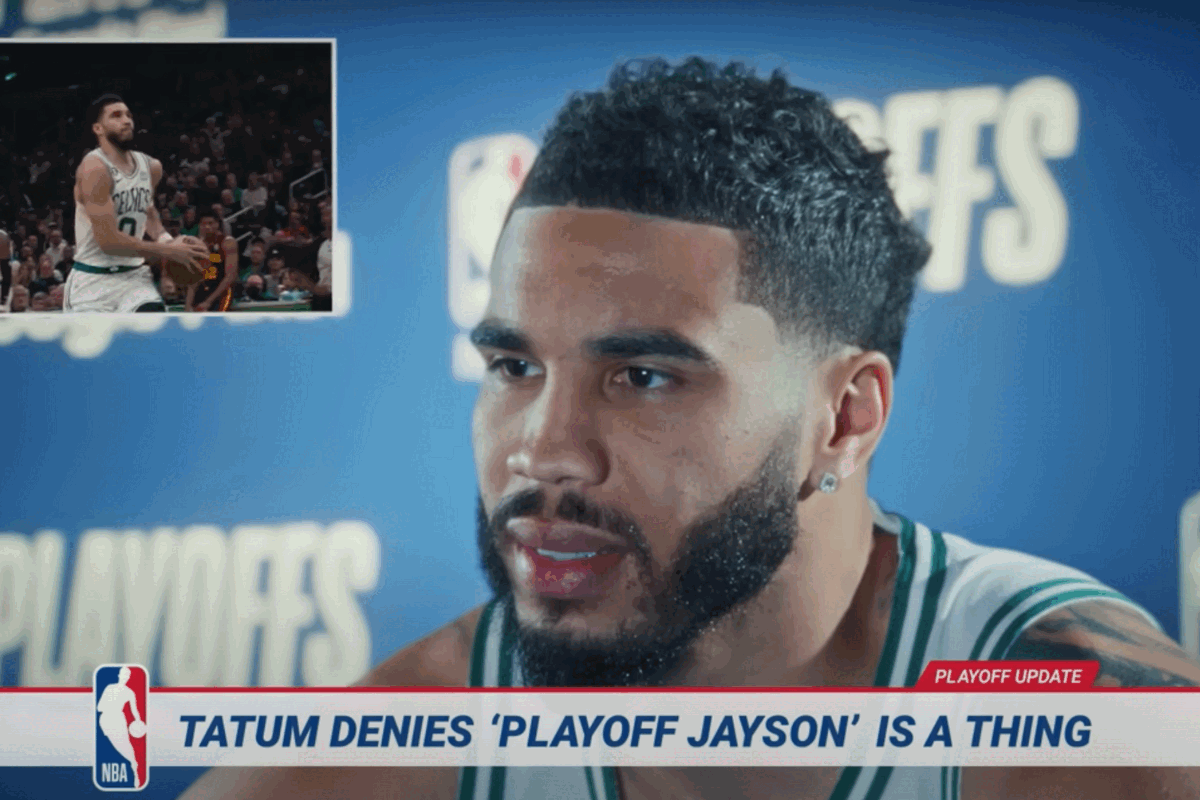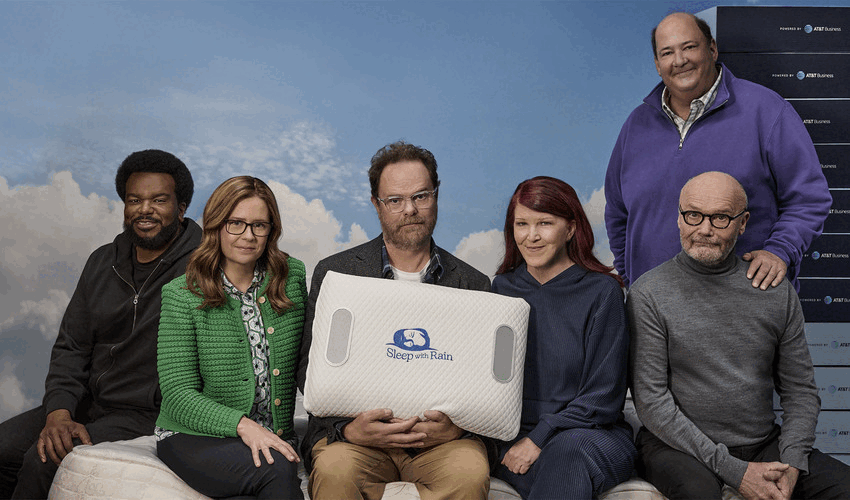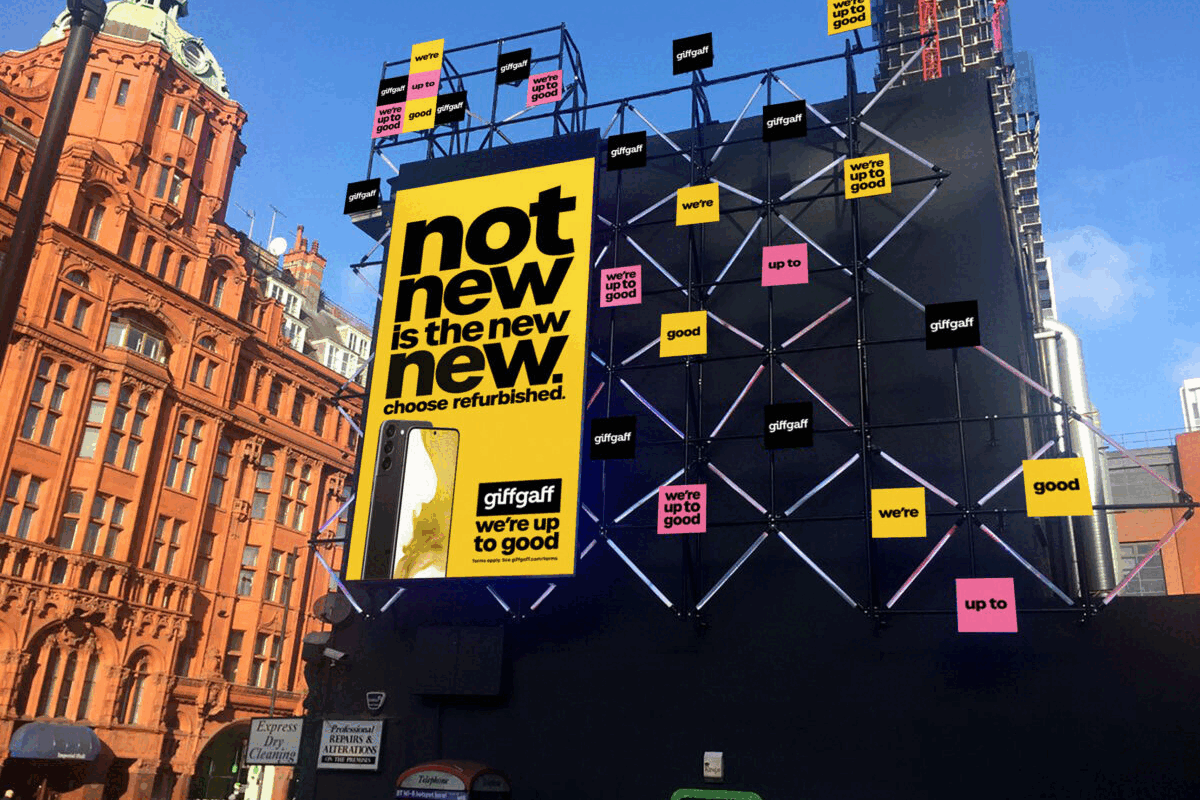The Conscious Advertising Network is here, but do we need it?
- Monday, June 17th, 2019
- Share this article:
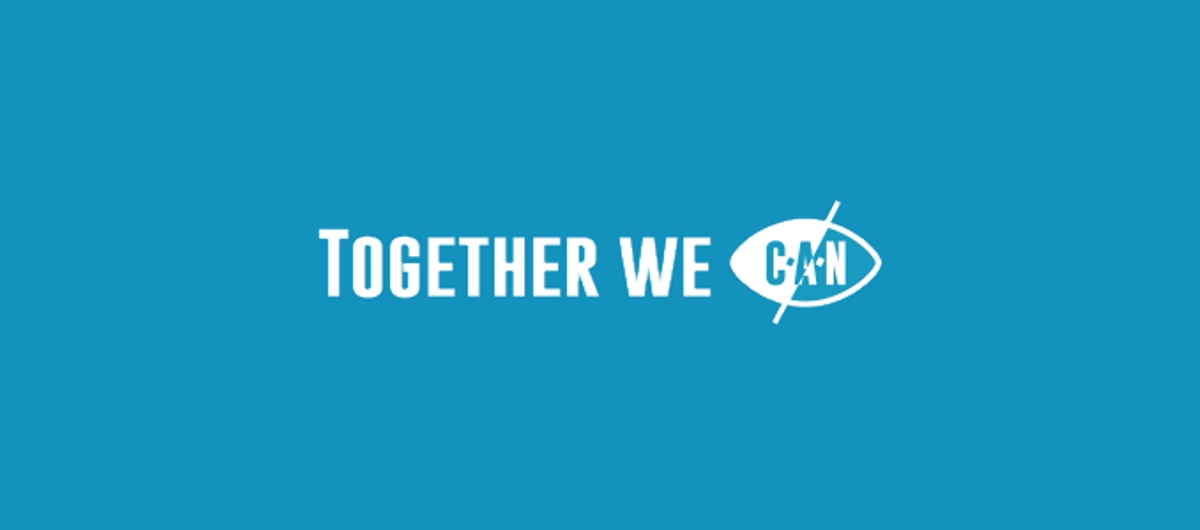 The ethical advertising coalition known as the Conscious Advertising Network (CAN) has now officially launched. Its aim? To stop advertising abuse by ensuring that industry ethics catch-up to the technology of modern advertising.
The ethical advertising coalition known as the Conscious Advertising Network (CAN) has now officially launched. Its aim? To stop advertising abuse by ensuring that industry ethics catch-up to the technology of modern advertising.
A noble cause indeed, but does the industry really need it? According to Mark Howarth, managing director at MCH London, the answer is ‘yes’ because “it’s clear that in a very fast-moving industry that ethical standards have not been as well-considered as they should have been in the creation, planning and delivery of advertising campaigns.”
With the industry having knowingly or otherwise overlooked ethical concerns in the past, it has left room for advertising to be abused by certain players and the it’s the CAN’s mission to stop this by “highlighting the conscious choices that both advertisers and agencies can make to ensure good practice,” says Matthew styles, client services at Merkle | Periscopix.
“It aims to enable ethics to catch up with the rapid technological advancements seen in all sectors of the advertising industry. These advancements mean now more than ever, brands, agencies and ad tech vendors are perfectly positioned to effect a conscious positive change to the way they operate and with the content they produce. Quite simply helping them to create communication that is better for all.”
In order to help create this “conscious positive change”, the CAN has laid out a set of six manifestos, which it aims to get embedded into every UK agency brief. These manifestos aim to eradicate ad fraud, encourage diversity, ensure informed consent, make sure hate speech is not inadvertently funded by brands, ensure advertising to children is age appropriate, and to stop advertisers from funding fake news.
“Safeguarding, diversity & inclusion and fake news are hot topics at the moment within the advertising and marketing industries, but what are brands and businesses actually doing to solve the issues they’re talking about,” asks Charlotte Williams, founder of SevenSix Agency.
The coalition, so far, is made up of more than 50 organisations, including brands, agencies, and trade bodies. Names include The Body Shop, National Union of Students, Stop Funding Hate, Tell MAMA, Accenture Interactive, Eyeo, The7Stars, VaynerMedia, and JICWEBS (the Joint Industry Committee for Web Standards), to name a few.
“JICWEBS are working closely with CAN specifically in the area of ad fraud – one of the major sources of funding for organised crime groups. The CAN anti-fraud manifesto requires companies to register and become certified to JICWEBS anti-fraud standards as best practice,” says Jules Kendrick, JICWEBS CEO.
“Much like CAN, JICWEBS believes that issues across the digital ecosystem are not the responsibility of one part of the industry. If we work together collectively, media owner, platform, ad tech, agency and advertiser, it ensures best practices across the digital ecosystem and help to rebuild trust in our industry.”
The CAN has also received support from the Incorporated Society of British Advertisers (ISBA), which represents more than 3,000 brand advertisers and dubs itself ‘the voice of British Advertisers’.
“Brand safety and the wider ethics of advertising are key issues for our members,” says Phil Smith, director general at ISBA. “By adopting the CAN principles at the top of their organisations, agencies and brands together can strive to create a safer environment and divert money flows from the bad actors and organisations creating unacceptable content.”
Despite the need for the coalition and the early strong support, there is still the need for every section of the industry to work together to ensure the manifestos end up embedded into all the UK’s advertising briefs.
It’s still early days but there are a lot of moving parts and plenty of things that have to fall into place for this to be a success. It’s a great place to start, though we’ve still got a long way to go to see if this venture is a successful one.
“With advertisers and their agencies controlling where their media budgets are spent, this initiative encourages this influence to be applied in a cognisant, positive manner. It recognises that anyone attempting to absolve themselves of responsibility, by blaming technology or a lack of placement transparency, is no longer adequate,” says Stephen Jenkins, founder & managing director at Too Many Dreams.
“However, I really hope it doesn’t amplify the perception that ad tech and marketers are somehow in opposing camps. Technology responds to market demands. And there is a lot of technology involved in digital advertising. As such, for initiatives like this coalition to be a success, it’s essential that every part of the value chain is involved, much like the IAB Gold Standard initiative, which has seen considerable success in supporting digital advertising sustainability,” he concludes.




